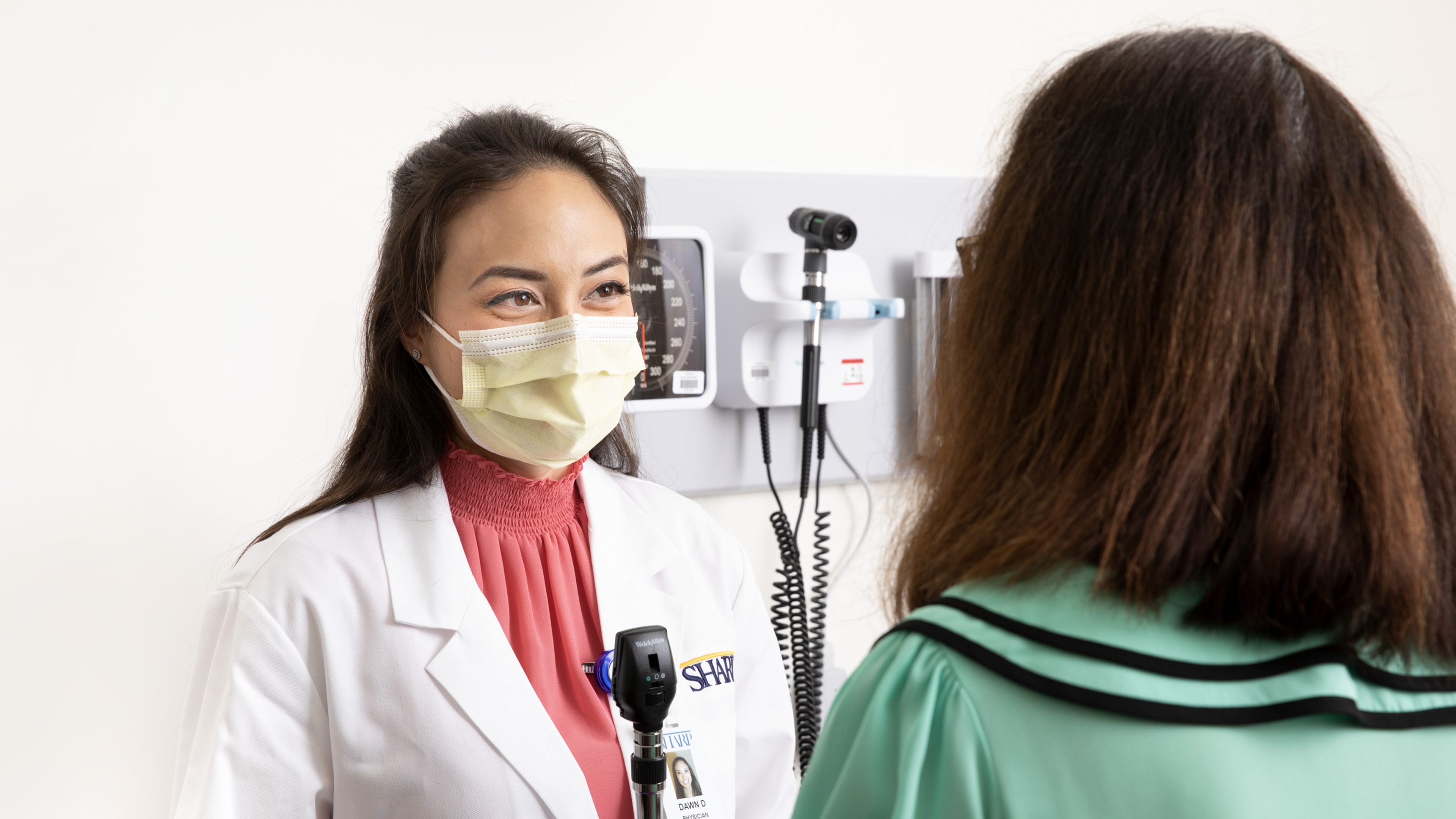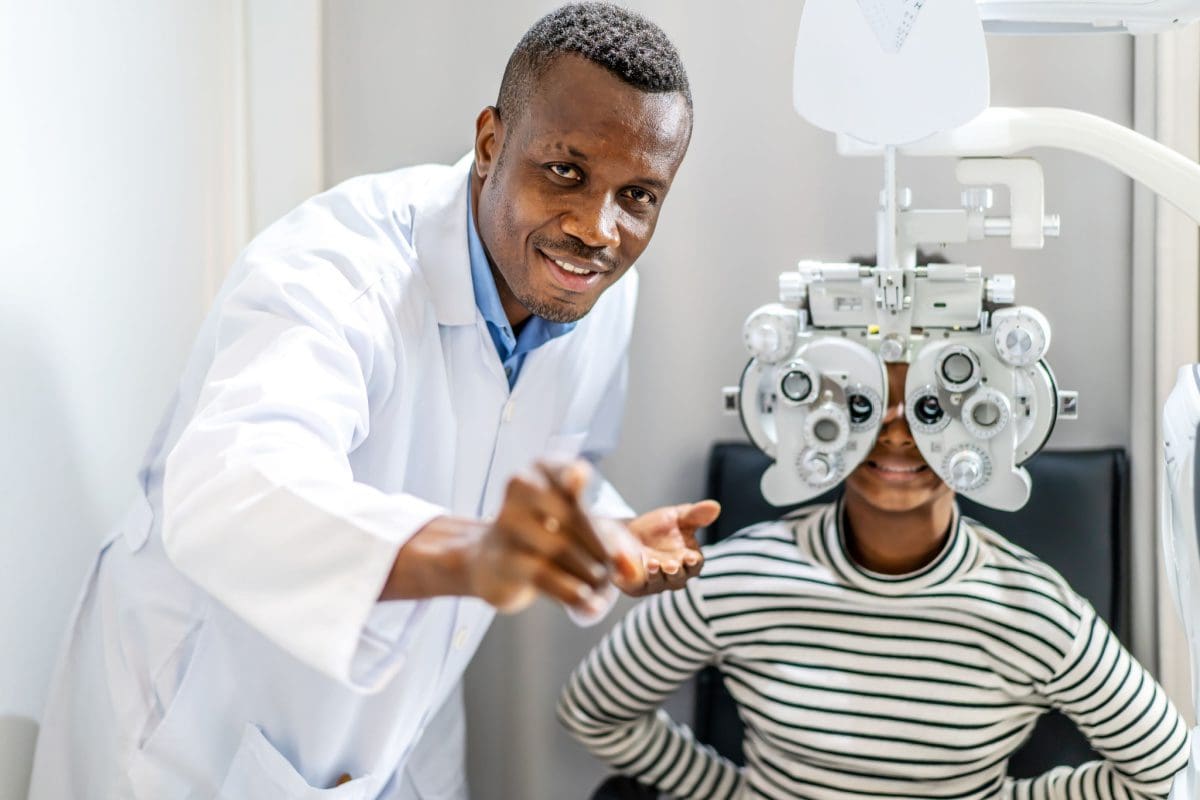Is Refractive Surgical Treatment Right for You? Factors to Think About for Better Eyecare
In the realm of eye care, the choice to undergo refractive surgery is a crucial one that demands thoughtful consideration. From the details of one's ocular wellness to the ins and outs of day-to-day habits and personal expectations, each aspect holds significance in the broader landscape of refractive surgical procedure candidateship.
Eye Health Examination
When considering refractive surgery, a detailed eye wellness evaluation is vital to analyze the viability of the treatment for every individual. eye center andalusia. This analysis entails a collection of examinations and exams conducted by an eye treatment professional to establish the total health and wellness of the eyes, the existence of any kind of hidden conditions, and the security of the refractive error
During the examination, various factors are thought about, such as the client's case history, current eye prescription, corneal density, pupil size, and tear film quality. These analyses help to determine any contraindications to refractive surgical procedure, such as corneal problems, cataracts, or unattended eye infections. In addition, the examination helps to handle person assumptions relating to the possible results of the surgical treatment based on their special eye features.
Ultimately, the eye health analysis is crucial in guaranteeing the safety and security and efficiency of refractive surgery, as it offers important insights right into the person's eye health and wellness status and assists figure out one of the most appropriate therapy choices for attaining ideal aesthetic results. (andalusia pediatrics)
Way Of Life Analysis
A thorough lifestyle assessment is important in establishing the suitability of refractive surgical procedure for an individual's visual adjustment needs. Lifestyle factors such as line of work, leisure activities, and day-to-day tasks play a vital function in the decision-making process regarding refractive surgery. People with professions that involve a high level of physical activity or exposure to ecological elements may have various aesthetic demands compared to those with inactive workdesk work. Understanding how a person's lifestyle may influence their vision post-surgery is vital for managing assumptions and ensuring optimal end results.
Furthermore, way of living habits such as sports engagement, outside tasks, or also skincare regimens can influence the recovery procedure and total success of refractive surgical procedure. By carrying out a detailed way of life evaluation, eye treatment specialists can tailor their recommendations and therapy plans to meet the distinct requirements of each patient, eventually leading to enhanced aesthetic outcomes and contentment.
Assumption Alignment

Clients need to comprehend that while numerous people achieve 20/20 vision or much better complying with refractive surgical treatment, some might still require glasses for particular tasks like analysis or driving at night. Managing these expectations assists stop dissatisfaction and dissatisfaction post-surgery, leading to a more positive general experience for the individual.
Threat Analysis

Elements that may enhance the threat of complications include age, specific clinical problems like autoimmune conditions, unpredictable vision prescription, slim corneas, and impractical person assumptions. Furthermore, choosing a seasoned and experienced surgeon, following pre and post-operative treatment guidelines carefully, and disclosing any type of appropriate clinical history can assist mitigate risks.
To decrease the probability of difficulties, ophthalmologists conduct detailed pre-operative assessments to determine any type of contraindications to surgical treatment. They also talk about the prospective threats and benefits with clients throughout the examination procedure. By participating in open interaction and shared decision-making, both the eye doctor and the patient can interact to establish if refractive surgery is the appropriate selection based on specific danger accounts and desired results.
Appointment Importance
Considering the vital role of notified decision-making in evaluating dangers and prospective complications in refractive surgical treatment, the consultation process holds substantial relevance in assisting patients in the direction of optimal end results. During the assessment, the eye doctor examines the client's eye wellness, refractive errors, and general viability for surgical procedure. This preliminary assessment is crucial in establishing the most appropriate procedure for each individual, taking right into account aspects such as corneal thickness, student dimension, and existing eye conditions.
Furthermore, the examination offers as a chance for patients to review their assumptions, issues, and any my website type of questions they may have relating to the surgical procedure. Clear communication between the client and the cosmetic surgeon is important to guarantee practical expectations and a thorough understanding of the prospective risks and advantages entailed.
Additionally, the assessment allows the surgeon to discuss the different medical choices readily available, their respective outcomes, and the post-operative treatment called for. This detailed conversation empowers patients to make well-informed decisions about their eye treatment, leading to far better contentment and end results post-surgery.
Final Thought
In final thought, people considering refractive surgery Learn More should undergo a detailed eye health and wellness evaluation, examine their way of life routines, straighten their expectations with potential end results, examine the associated risks, and focus on consultations with eye care specialists. These aspects play a critical duty in determining the suitability of refractive surgical treatment for each individual, making certain optimum results and fulfillment with the treatment.
Individuals taking into consideration refractive surgical treatment commonly have high assumptions pertaining to the results, expecting excellent vision without the requirement for glasses or contact lenses. While refractive surgical procedure can greatly boost vision and minimize dependence on aesthetic help, it is vital for people to recognize that outcomes might vary based on specific variables such as the degree of refractive error, corneal density, and general eye health.
By engaging in open communication and shared decision-making, both the eye doctor and the individual can function with each other to identify if refractive surgical procedure is the right choice based on specific threat profiles and preferred results.
Considering the essential duty of notified decision-making in examining dangers and prospective issues in refractive surgical procedure, the examination procedure get redirected here holds considerable value in assisting clients towards optimum outcomes. During the appointment, the ophthalmologist reviews the individual's eye health and wellness, refractive errors, and total viability for surgical treatment.